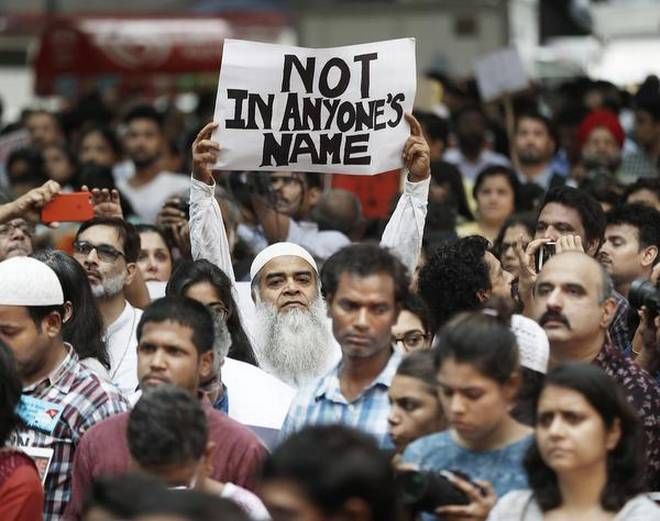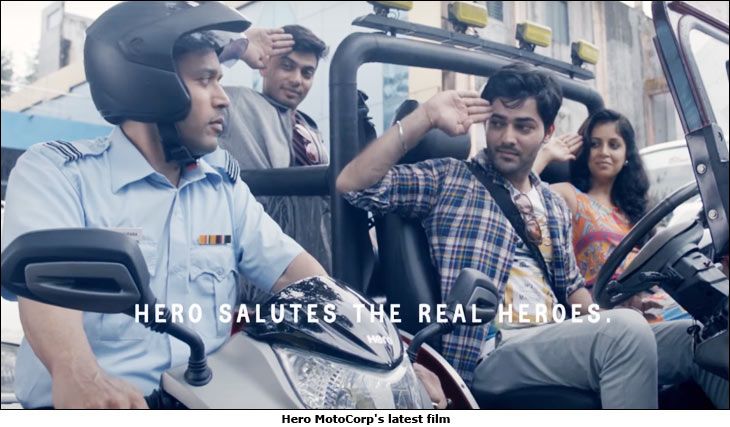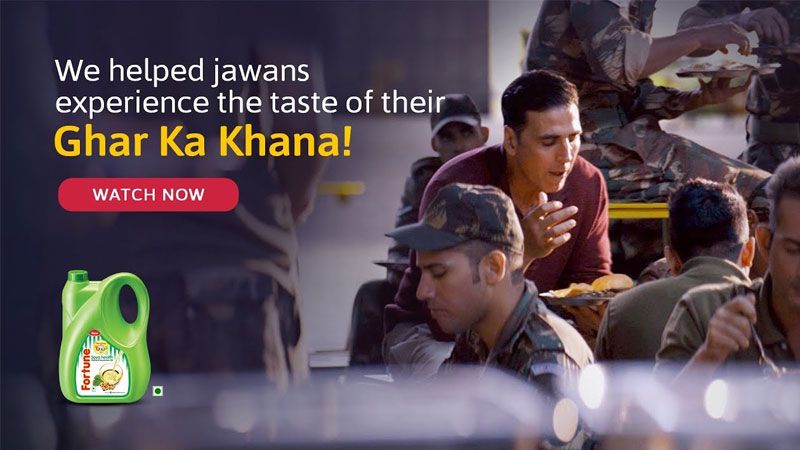Not In The Name Of “Nationalism”
Jul 04, 2019 • 4 views
The recent events in the nation have seen to put forth many questions but sadly, everybody has turned a blind eye towards them. After all, no matter how adverse the storm is, we always cling on the straws of hope. The modern definition of ‘Nationalism’ is being used as a weapon for dichotomizing people. Each act of these political parties is dripped with a gravely thoroughly thought agenda backed by and in the name of the nation. Not realising that it is the slow death of humanity and feeling of a nation as a whole under its own name, be it through any means.

On June 18, another case of mob lynching was seen in Jharkhand, where Tabrez Ansari was beaten till death. He was alleged of stealing a motorcycle by the mob for which he was tied to a pole and beaten up. In the video that went viral, it is seen, Ansari was repeatedly asked to chant “Jai Shree Ram” and “Jai Hanuman”.
According to an India Today report, 16 lynching cases have been reported in the last 2 months. There have been several protests and campaigning organised to express the hatred toward such heedless act. One such protest ‘Not in my name’ was organised in 2017 to question the pattern of attack on the minorities in the country and the silence of government over such killings arising the questions ‘if not now, then when’. What justifies such lynching in the name of nationalism? Why does one need to prove their nationalism and faith towards the nation? Moreover, does chanting some slogans really makes one a nationalistic person? Is it necessary to tag the people in opposition as ‘anti-national’ just because they have a different set of ideology and do not fit into the mould of a nationalist category?


The nationalistic wave has seen to overawe the Bollywood and advertising market as well. Be it the advertisement of a bike, cooking oil, marble flooring tiles, or any other product, they all have a tinge of nationalism represented by the portrayal of ‘army’ or ‘nation’ in the advertisement. These advertisements have found a new meaning for the products by equating them to the nationalistic sentiments and buying these products a ‘call of duty’. However, does buying such brands really make you more nationalist?
It is not just advertisements; Bollywood is seen to apply the same theory for the movies. It initiated from the “intolerant speech” of Anupam Kher in the protest of “Award Wapasi” campaign, the renowned authors and artists returning their Sahitya Academy Awards as a form of protest against the unstoppable attacks on the freedom of expression of citizens. Now one could see the movies like ‘The Accidental Prime Minister’, ‘Indu Sarkar’, ‘PM Narendra Modi’ influencing the people by its fictional depiction of events. These movies were hardly seen to state the factual data. These movies come with a hidden agenda toward which people have turned a blind eye, plus getting them released at the election time serves as the icing on the cake.
In the contemporary time, people have forgotten the primary idea of ‘Nationalism’ and has gained pace with this new idea. The Indian Nationalism developed its concept during India’s freedom struggle against British colonial rule. This struggle included people from all religious backgrounds. However, the recent turn of events has redefined its original motto in order to achieve their political goals. The political parties are replicating the policy of “divide and rule” used by the Britishers and such feeling of retaliation would only spread hate all over the nation. One must invoke the feeling of equality, humanity and togetherness, the feeling of the nation as a whole would come by itself.
